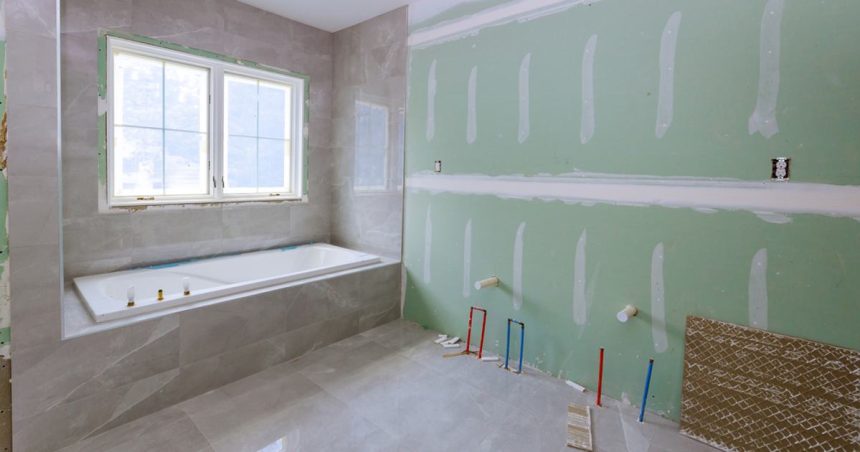Home renovators have been warned to watch out for a common trick used by scam tradies to swindle homeowners out of thousands of dollars.
According to the Consumer Protection Authority in Western Australia, scam tradies have been convincing renovators to pay their exorbitant deposits via wire money transfer, only to never deliver on the work.
In the past 12 months, the group says they have seen the same story echoed by over 25 complaints, with some even demanding payment be paid in full before they made off with the money.
While tradies are allowed to ask for a deposit before shovels break the ground, Consumer Protection warns that the amount and method of payment can be a clear indicator of whether or not the business is legit.
“When it comes to deposits, tradespeople are legally allowed to ask for them,” the government body said in a statement.
“However, a common issue reported to Consumer Protection is traders who demand large deposits – or even full payment upfront – then fail to complete the agreed work, leaving consumers both out of pocket and without the work done.”
Under state law, tradies are not allowed to bank a deposit of more than 6.5 per cent of the contract value for residential work that has a total value of $7500 or more.
Instead of directly transferring the money into tradie pockets, the government body encouraged renovators to use secure payment services to create at least some level of security before the transaction goes through.
“When it comes to payment, consider using a secure system like PayPal to access dispute resolution services if needed,” the statement said.
“If paying by credit card and you don’t receive your order, request a chargeback. And never send money by ‘wire transfer’ as this is a favourite trick of scammers.”
It is recommended that renovators don’t pay anything more than 10 per cent for an initial deposit, and instalment payments for bigger, more expensive jobs.
But payment isn’t the only problem. Some sneaky scammers are also asking for payment on work that isn’t agreed upon before the job began, instead trying to tack on extra charges for sometimes unnecessary jobs.
In cases like this, Consumer Protection says there are rules that apply to protect homeowners from forking out the extra cash.
“If the work is unsolicited, a business will be breaking consumer law if they don’t observe a ten business day cooling off period before starting the job and collecting payment,” Consumer Protection explained.
“For example, if a tradie is at your house fixing a broken tap, then they notice your hot water system needs replacing and they quote the job. You have 10 days to change your mind about this portion of the work without being financially penalised.
“If a trader was to cancel a contract after a deposit had been taken and no work had been performed or goods supplied, the trader is obliged to return the full deposit.”







